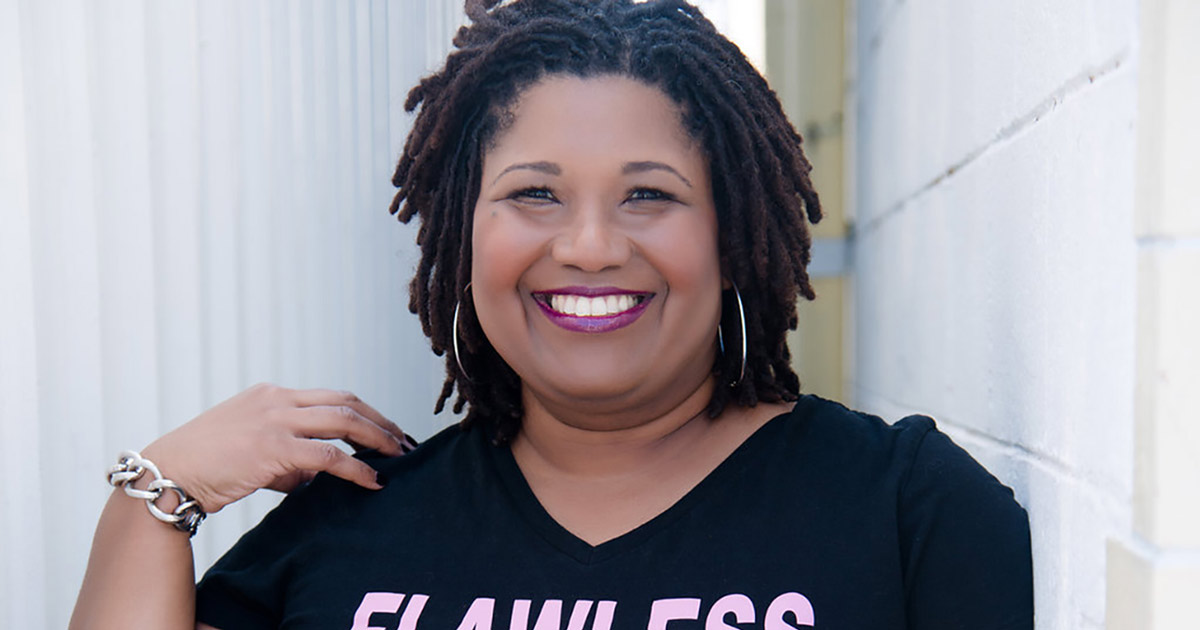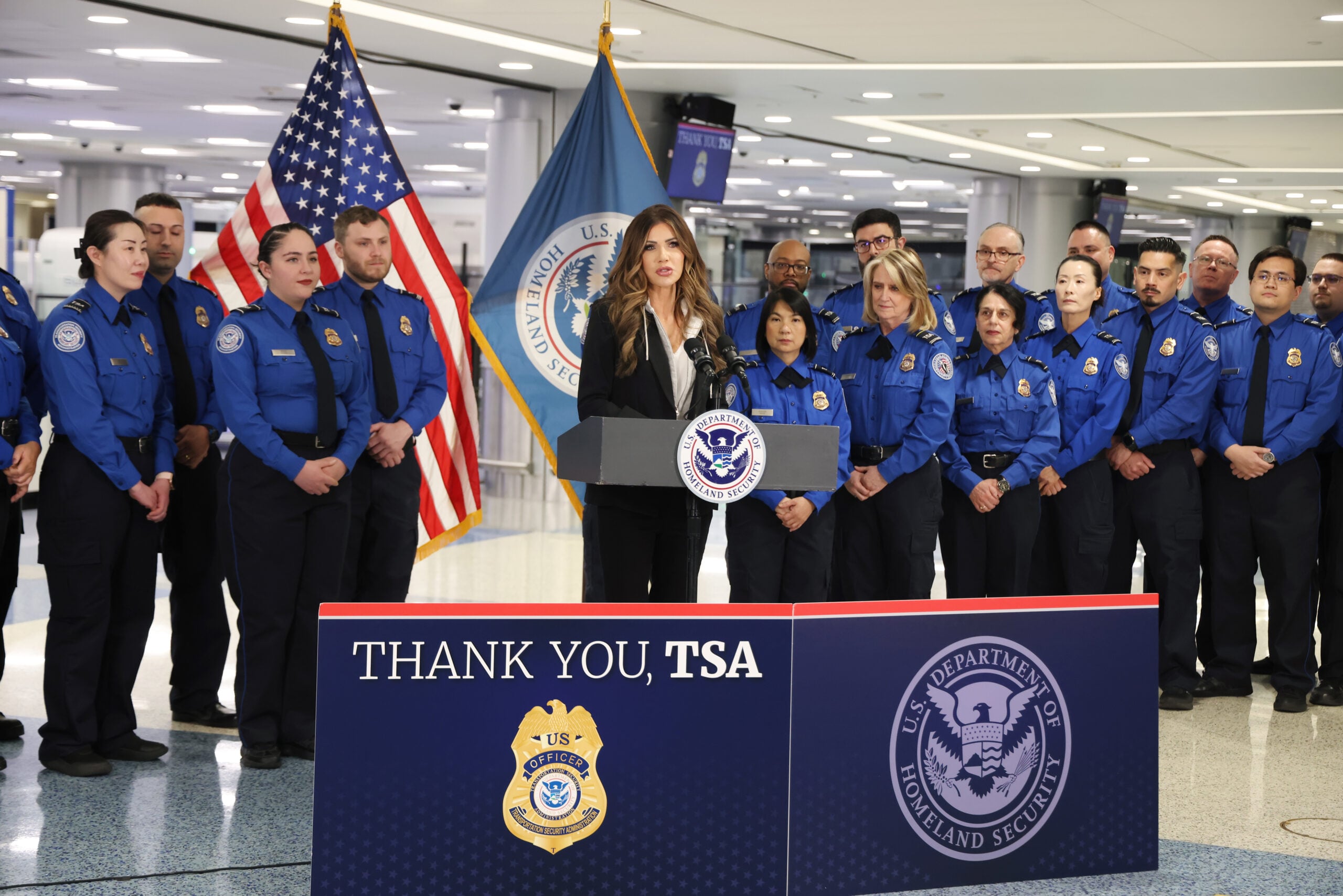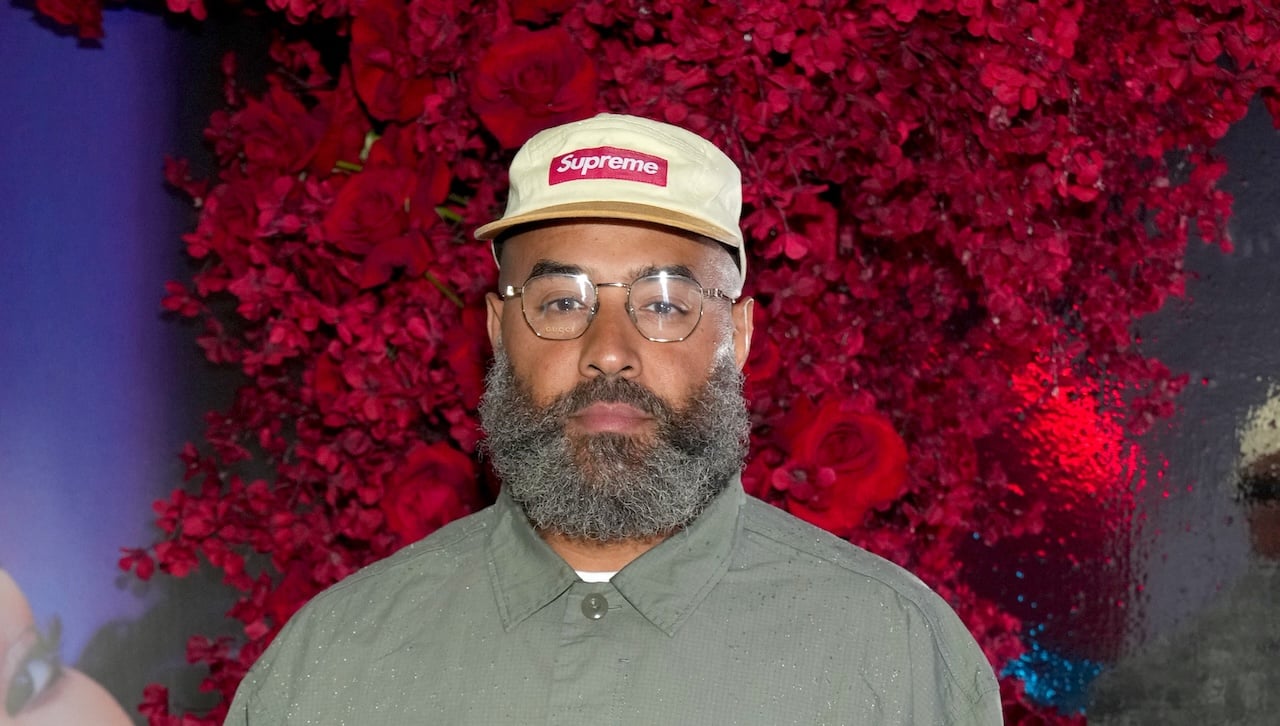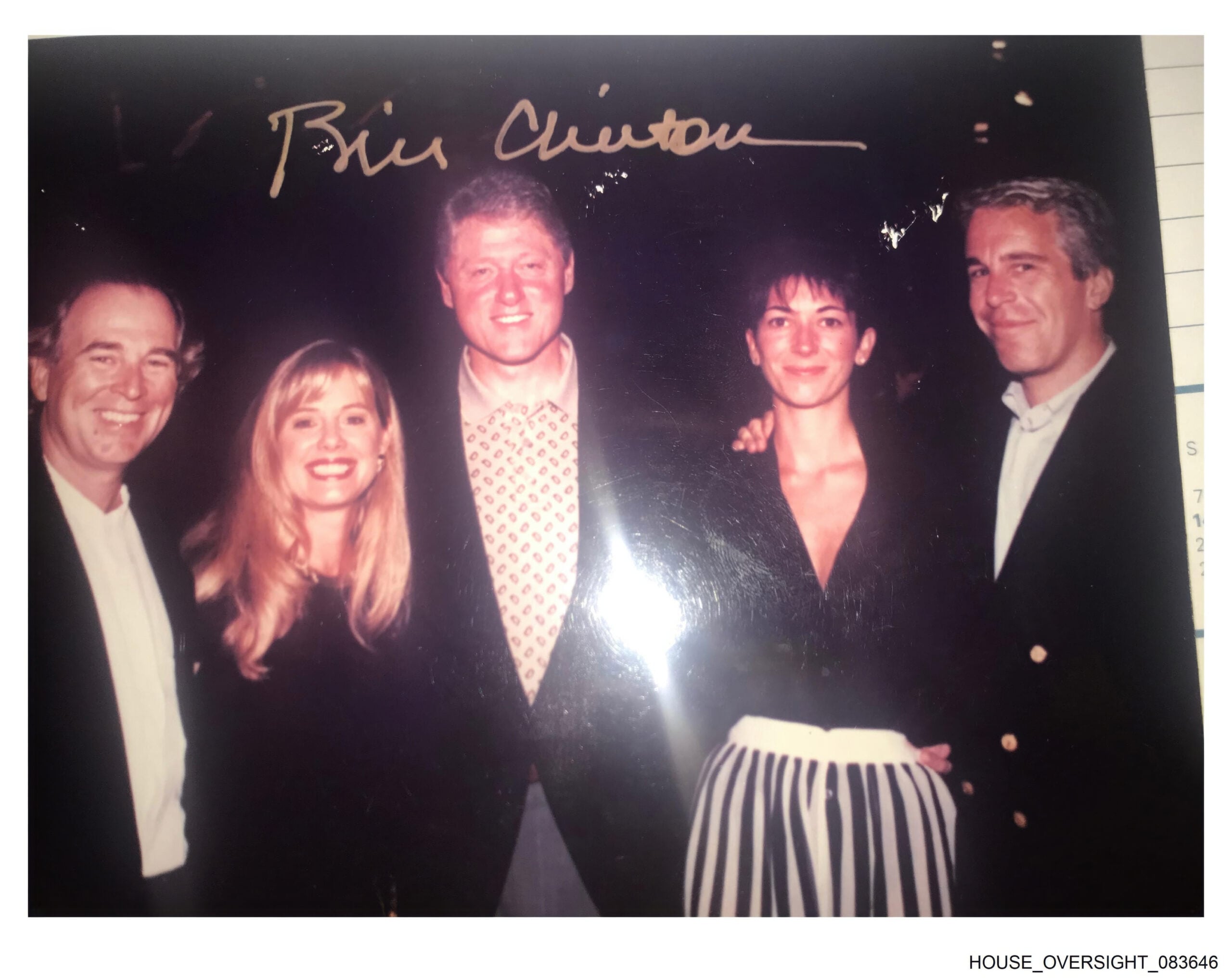
At the end of her 2021 book, Dear Black Girl: Letters from Your Sisters on Stepping Into Your Power, Tamara Winfrey-Harris wrote, “We will get free together.”
Now, the author and president of the Women’s Fund of Central Indiana is back with her recipe for living authentically and unapologetically in her book, A Black Woman’s Guide to Getting Free (Berrett-Koehler Publishers: July 9, 2024).
Winfrey-Harris detangles what it means to be free through critical analysis intertwined with personal narratives written from interviews she conducted. We interviewed her about her experience writing the book and interviewing Black women about freedom.
(This interview has been edited for clarity and length.)
Q&A with Tamara Winfrey-Harris
SUCCESS: Tell me about the experience of interviewing women for the profiles for your book.
Tamara Winfrey-Harris: This is an opportunity to see how personal the idea of freedom is. There’s not one idea, and I think if there’s one takeaway people can have from the book, it’s that liberation is yours. My freedom may not be your freedom.
Part of us getting free is being in a space where we can all realize those visions of freedom—no matter what they are.
S: In the book, you spoke about spending decades fighting biases and how you are now in a position to change these [through your career in philanthropy]. Imagine you’re retiring tomorrow and you’re looking back—what would you like to see?
TWH: I would like people to say that I was a storyteller of the black femme experience, and more importantly, that I amplified other women’s voices and their experiences, and that I worked alongside them to solve the challenges that we face and seize the opportunity that exists for us to be great. Because I think it’s not me doing either of those things. It’s me working alongside my sisters. If people think that I did that, then I think I would have done a good job.
S: This fits the fact that A Black Woman’s Guide to Getting Free was an interview project and adds to the concept of walking alongside other women.
TWH: It’s insufficient to just say “Black women” and think you know everyone’s view of freedom and everyone’s experience. After writing my first book, I looked back, and I realized that all of the women I had interviewed had some kind of educational or socioeconomic privilege.
Even in some cases I talked to women who may have been struggling with their bills, but were in a doctoral program and there’s a certain amount of privilege there. If I only speak from my perspective [as a middle class, educated, straight Black woman], I’d leave out a lot of the texture of what it means to be a Black woman.
S: One of the tips in the book that really stood out to me is that you challenge your readers to see free Black women everywhere. Tell me about how free Black women show up in your day-to-day life.
TWH: The piece that’s important in how I view Black women that is hard, is not requiring that you or any other Black woman live in my image of freedom. I say that because one of the anecdotes I use in my book is the conversation that was kind of started around the comedian Monique around the young Black women that she saw in public wearing bonnets on their hair. That was just one example of respectability and the ways that very often we demonize women and young Black women for the ways they show up in public. [Thinking that way] impedes our freedom.
It is not my place to dictate what another Black woman should look like… or because of the way I think it’ll reflect on me because the fact that it really does reflect on me is racism that we don’t need to buy into. Being able to see Black women everywhere is actually being able to say I want to see you have the freedom to live your life in the way you want to, not the way I want to.
Liberation itself [is] a practice to try to get yourself to a point where you aren’t judging other Black women for how they show up.
S: Is there anything else you would like to add?
TWH: If we want to see future generations be happy, healthy, safe and free, that doesn’t happen unless we free ourselves. It doesn’t happen unless we get free. That only happens through proactive work. As Black women, we put our needs last because of things we’ve been taught. But really, in putting ourselves first… our liberation for it will be healing to our families, to our children, to our communities.
I would love to see people prioritizing our freedom. I’d love to see Black women prioritizing their own freedom and our collective freedom.
Photo by Grace Michael Photography/Courtesy tamarawinfreyharris.com




